- Arakan residents call for air raid warning systems amid surge in junta airstrikes
- Arakan’s Breathing Space (or) Mizoram–Arakan Trade and Business
- Death toll rises to 18 after junta airstrike on Ponnagyun village market
- Regime arrests dozens of Muslims in Sittwe over alleged Arakan Army links
- Over 200 IDPs in Ponnagyun struggle without shelter, food aid
Arakan State women lack access to HPV vaccination
The HPV vaccine was previously administered annually by local health departments, but the latest fighting in Arakan State has halted routine immunisation programmes.
19 Nov 2024
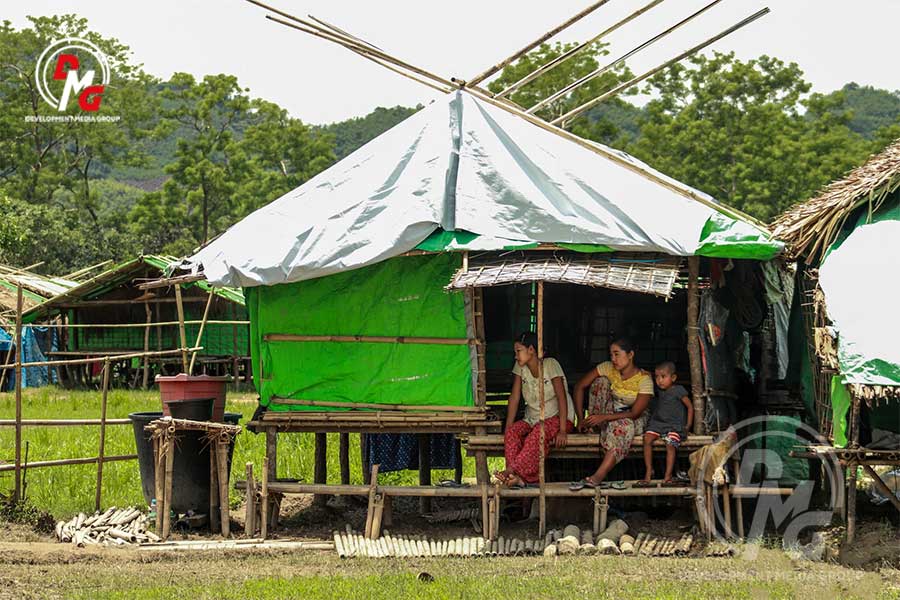
DMG Newsroom
19 November 2024, Mrauk-U
Ongoing conflict and travel restrictions in Arakan State have led to shortages of medicines, leaving women with no access to the human papillomavirus (HPV) vaccine, which helps prevent cervical cancer.
The HPV vaccine was previously administered annually by local health departments, but the latest fighting in Arakan State has halted routine immunisation programmes.
A woman from Mrauk-U said: “You need to get the vaccine three times. I only got it twice. I could not get the final dose due to the fighting, and I’m worried about the possible complications.”
HPV, which can cause cervical cancer, is sexually transmitted. Research shows that it is best to vaccinate girls between the ages of 9 and 10, before they become sexually active. Girls under 15 need two doses, while those over 15 require three doses.
Cervical cancer caused by the HPV virus is most common among women who marry young, have multiple sexual partners, have immune deficiencies, or smoke.
A female doctor from Arakan State explained: “The best time to vaccinate is at age 9 because they are not yet sexually active and they are less likely to have been exposed to the virus. The vaccine does not work on infected persons.”
Cervical cancer often shows no symptoms in its early stages.
If the cancer progresses, symptoms can include vaginal bleeding after intercourse, between periods, or after menopause; foul-smelling discharge; pain during intercourse; and pelvic pain.
Social activists have called for educational programmes in Arakan State to raise public awareness about cervical cancer.
The Arakkha Public Health Department of the United League of Arakan/Arakkha Army (ULA/AA) has been working to provide necessary vaccinations to residents in Arakan State.
A 20-year-old woman from Arakan State said: “It’s hard to get treated if you get sick now. I want to get the HPV vaccine, but it’s hard to find. Medicines are scarce due to the fighting.”
Cervical cancer is the fourth most common cancer among women worldwide, with more than 300,000 deaths annually. Researchers say the HPV vaccine can reduce cervical cancer cases by nearly 90%.




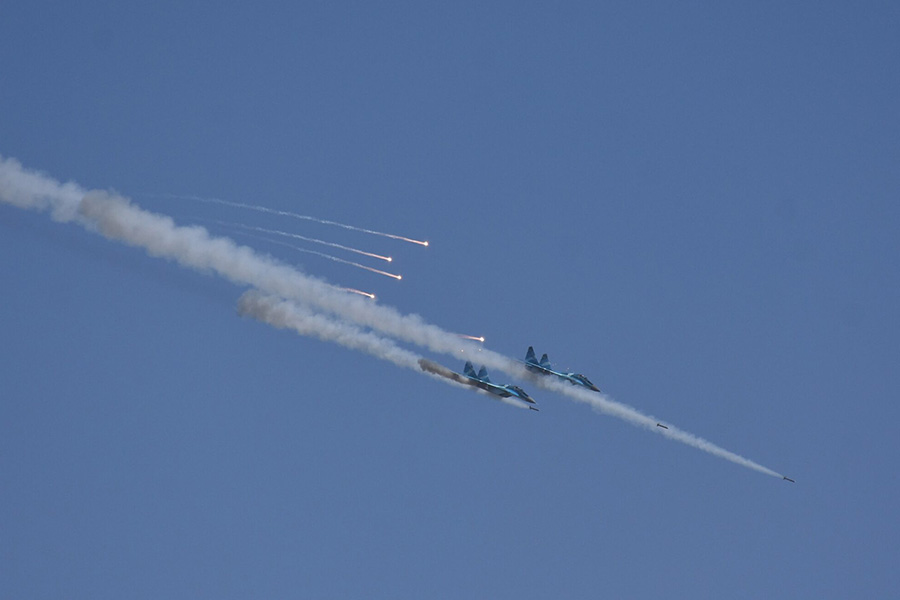
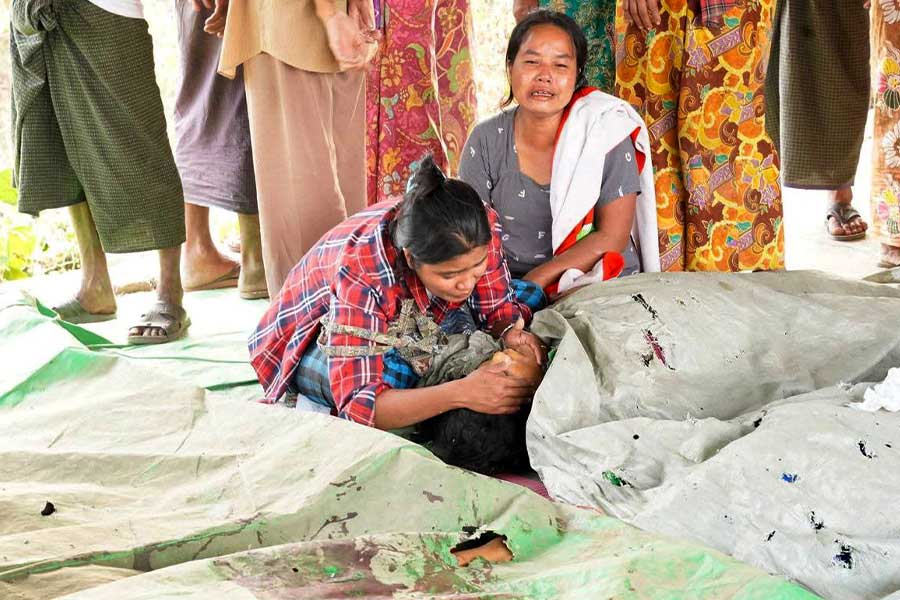
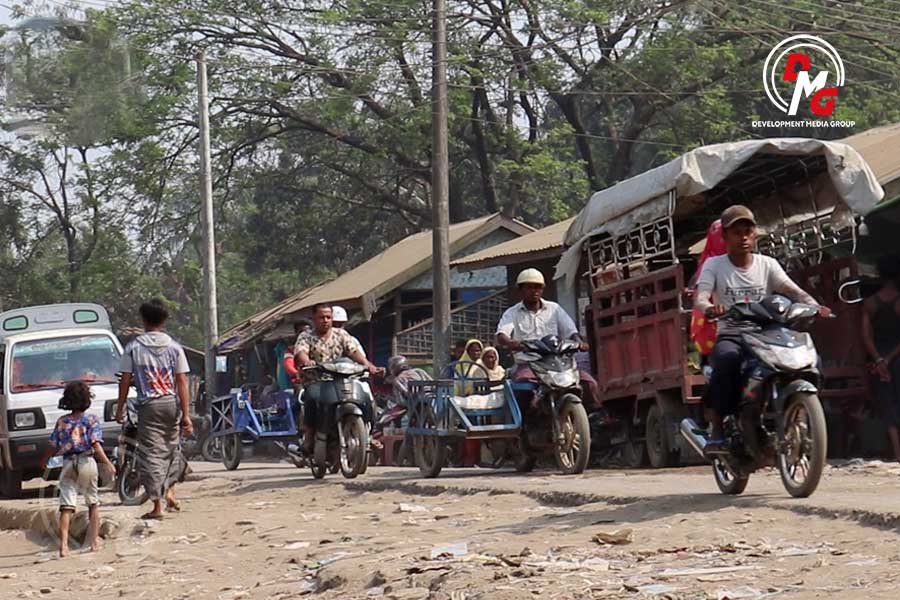
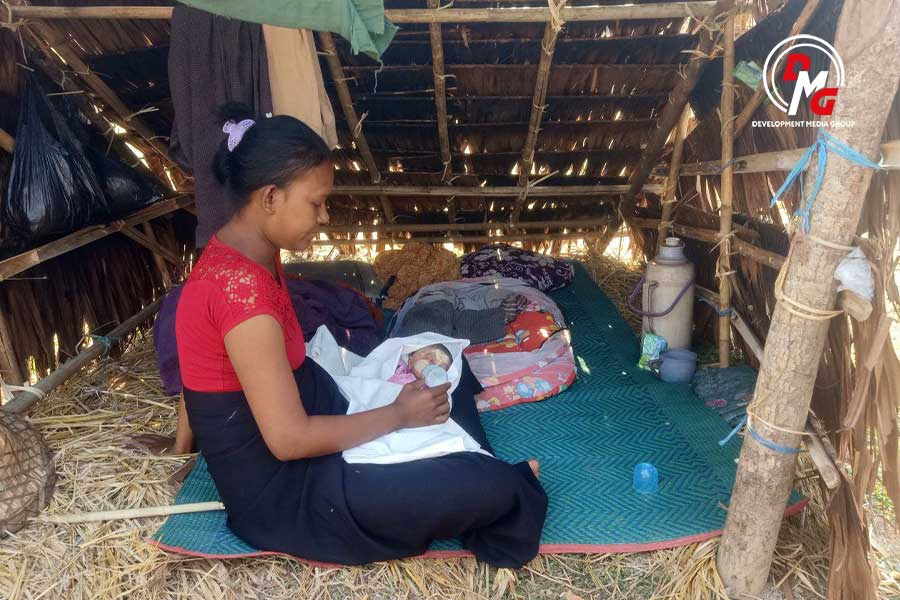
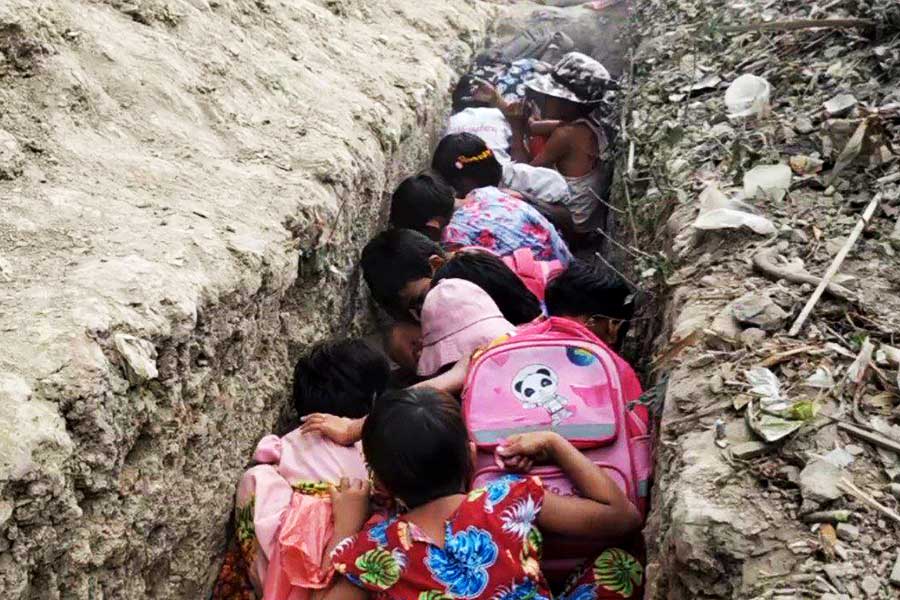








.jpg)